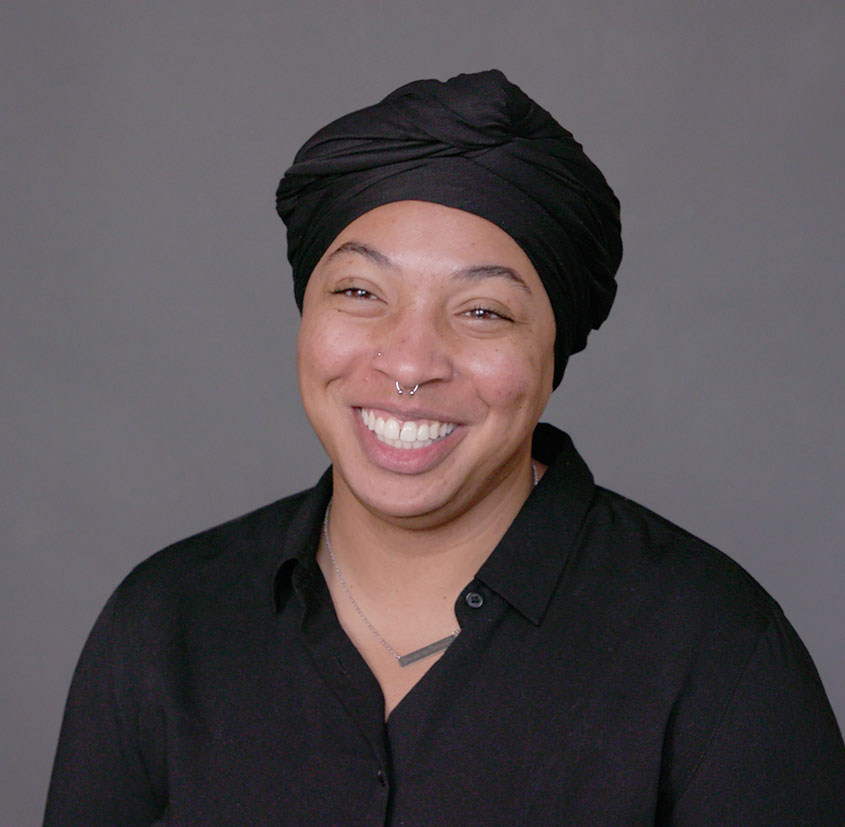Leading with equity
Long- and short-term policies help us lead with equity. To all the transit-dependent dreamers looking for opportunities to thrive, Metro can help get you there.
When the COVID-19 pandemic initially hit, followed by the murder of George Floyd and the country’s reckoning with racial justice, many of us gained an increased understanding of the words “marginalized,” “silenced,” and “essential.”
Data gathered during the pandemic told us what we always knew deep down: the essential transit riders who never left the system make up a significant portion of those in the most vulnerable communities—and those with the greatest need.
At Metro, we saw with greater clarity that our mission to rebuild and grow our mobility system rested on becoming safer, healthier, and faster.
We needed to do more to:
- Make our services safer than ever for employees and customers
- Better align our practices with our values, with equity at the forefront
- Prioritize those with the greatest need
- Become a more resilient organization
- Support a climate-friendly economic recovery
- Modernize our system
Our journey to co-create with priority populations—particularly people with low income, Black, Indigenous and people of color, immigrants and refugees, people with disabilities, and members of limited-English speaking communities—started before the pandemic. Metro’s work in partnering with the community is long standing.
A huge step for us in working upstream to co-create with community occurred over the last several years, including some of the following milestones:
In 2017, the King County Council adopted our Metro Connects Long-Range Vision Plan, which calls for the delivery of a mobility system that provides increased transit options through a network of frequent, reliable, and faster all-day services.
In 2019, Metro established the Mobility Equity Cabinet, which is made up of community leaders who represent low-income populations, communities of color, immigrants and refugees, limited English-speaking populations, and people with disabilities.
The upstream change is important because we're looking for system and structural change, we're not trying to do Band-Aids.

They helped develop Mobility Framework recommendations, which focus on advancing equity, addressing the climate crisis, and responding to innovations in transportation technology. The Mobility Framework was adopted in March 2020, along with guidelines on how Metro should update its adopted policy documents and align them with the Mobility Framework.
In June 2020, King County Executive Dow Constantine pushed harder, declaring racism a public health crisis. He reaffirmed King County's commitment to becoming an anti-racist and pro-equity organization.
I appreciate the operators for being really kind and really embodying customer service and care when they work with folks.

In 2021, the King County Council adopted important and significant updates to the three policies:
- The Metro Connects long-range plan
- The Service Guidelines
- The 10-Year Strategic Plan for Public Transportation
At Metro, we are positioned to ensure that we support a culture of love, care, and respect for all.
Together, we’re building healthier neighborhoods, a sustainable environment, and a thriving economy for everyone. That means that getting to an appointment, school, or work is accessible and affordable; that every bus is zero-emission; and that we always have frequent, reliable transit options no matter our destination.
 Translate
Translate